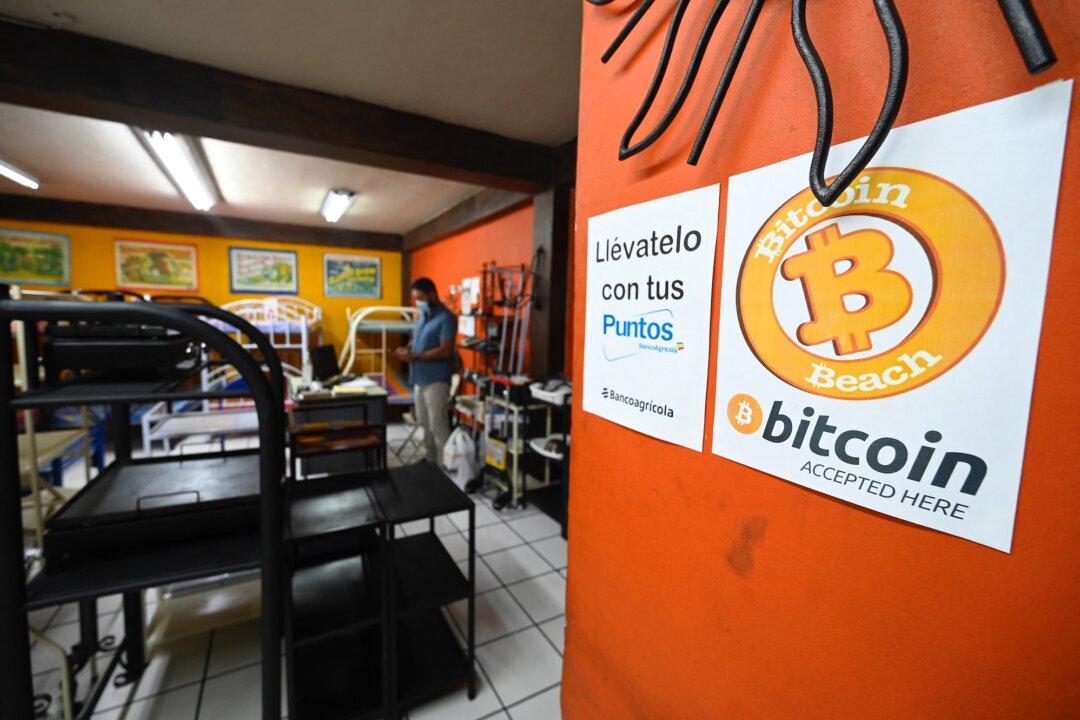El Salvador has become the first country to adopt Bitcoin as legal tender, a real-world experiment that proponents say will lower commission costs for billions of dollars sent home from abroad and boost financial inclusion while critics warn of risks, including around the cryptocurrency’s volatility.
Lawmakers in the Central American country passed legislation in June making Bitcoin legal tender alongside the U.S. dollar, with the law taking effect on Sept. 7.





